Mastodons and mammoths - how did the ancient ancestors of elephants differ
Everyone has heard about mammoths. Huge, hairy animals with trunks and curved tusks are strongly associated with primitive people and the Ice Age. Modern people are much less familiar with mastodons. At best, someone will remember that they also had trunks and tusks. Some may even assume that a mammoth and a mastodon are the same animal. But in fact, these two ancestors of elephants were very different, both in appearance and in their lifestyle.
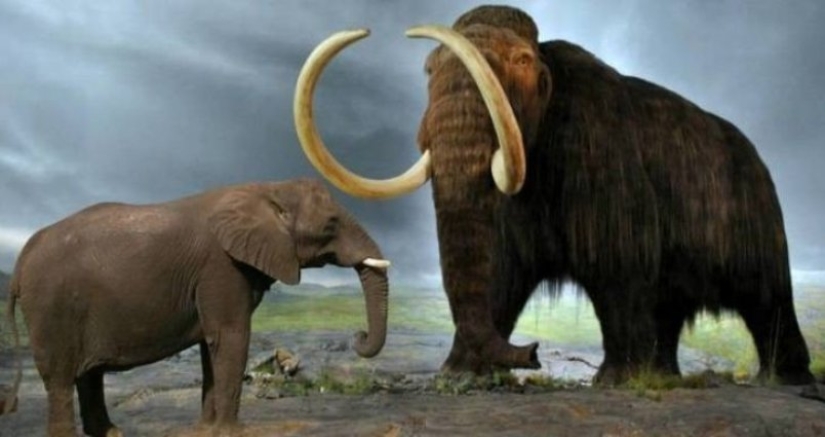
Modern elephants, mammoths and mastodons are relatives belonging to the order Proboscidea. But they are not close relatives at all. Scientists have determined that the ancestors of elephants and mammoths separated about 5 million years ago. As for mastodons, even more has passed since their separation - 25-28 million years.
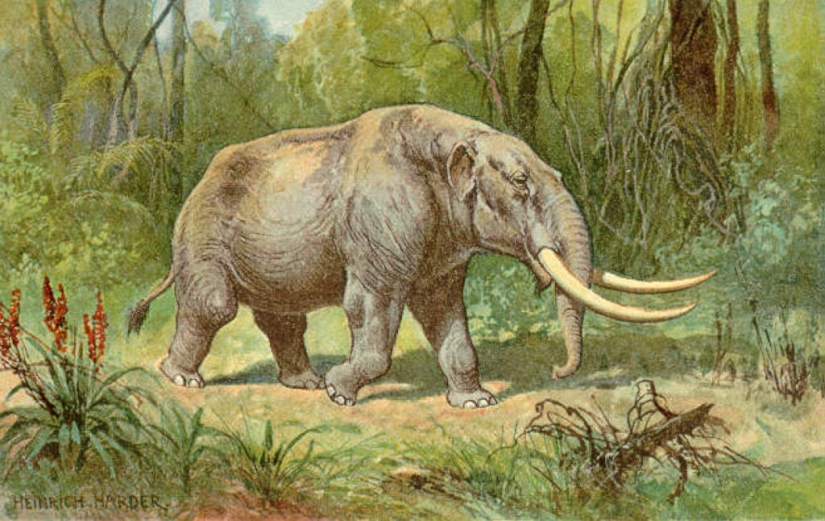
According to the American Museum of Natural History, mastodons came first. This happened 35 million years ago in the Oligocene. First they settled vast territories of Africa, then they conquered Europe and Asia. Mastodons settled in North, South and Central America later - about 24 million years ago. They were distributed throughout the planet, the climate of which was significantly different from the modern one.
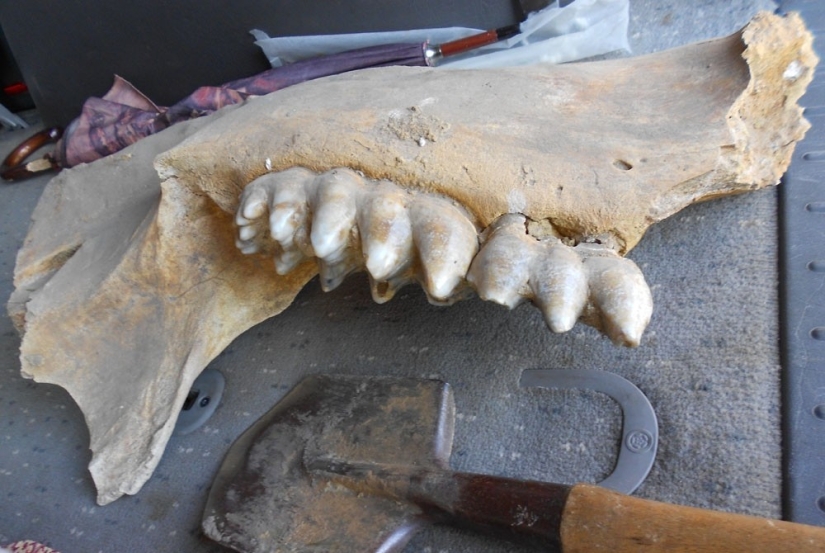
Mastodons got their name from the French scientist Georges Cuvier. He studied the fossil remains of these giants and concluded that their teeth were shaped like nipples. This is how the name mastodon appeared - scraping tooth. This is one of the main differences between mastodons and mammoths, which prevents their skeletons from being confused.

Mastodons have teeth with characteristic tubercles that help grind hard branches of trees and bushes. Mammoths' teeth are flat and ribbed, ideal for eating grass. Mastodons, unlike mammoths, were not covered with hair, or they had very short hair. Tusks grew only in male mastodons, while mammoths had them in individuals of both sexes. The tusks of mammoths are strongly curved, and those of mastodons are more like long sabers.
Mastodons were smaller than modern elephants. The height of their females was 2.1 meters, and the males were more than 3 meters. The weight of these mammals reached 6 tons. Mammoths grew up to 4.5 meters and weighed up to 10 tons. The height of modern elephants is 3 - 3.8 meters, with a body weight of 3 tons for females and up to 5 tons for males.
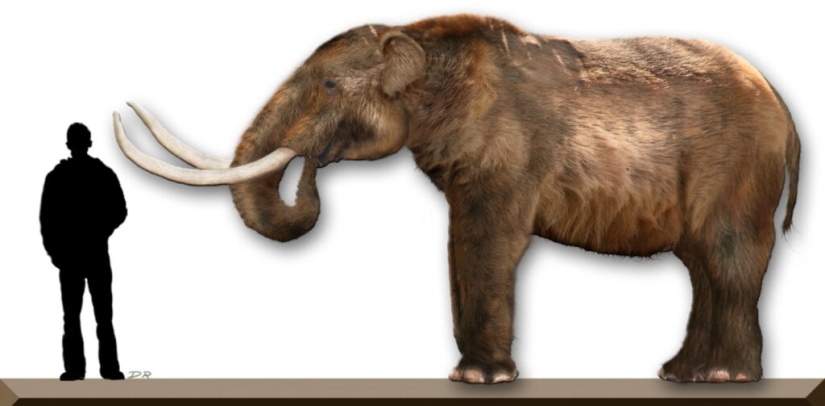
The habitat of mastodons was mixed deciduous and coniferous forests. But mammoths preferred large open areas covered with lush grass. Mastodons became completely extinct 13 thousand years ago, and the last mammoths disappeared about 4 thousand years ago. It’s hard to believe, but when the Great Pyramids were built in Egypt, the last mammoths were still roaming somewhere on Earth.
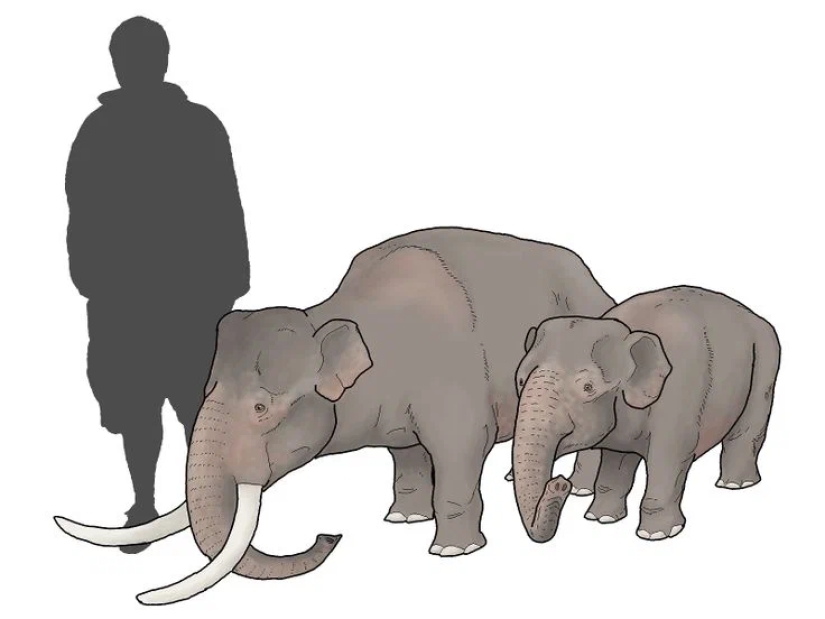
It remains to add that not all proboscideans were giants. Once upon a time, a population of dwarf elephants of the species Palaeloxodon falconeri lived on the islands of the Mediterranean Sea. They were no taller than ponies. Their skulls, found by the ancient Greeks, gave rise to legends about one-eyed Cyclops giants.
Recent articles

It's high time to admit that this whole hipster idea has gone too far. The concept has become so popular that even restaurants have ...

There is a perception that people only use 10% of their brain potential. But the heroes of our review, apparently, found a way to ...

New Year's is a time to surprise and delight loved ones not only with gifts but also with a unique presentation of the holiday ...